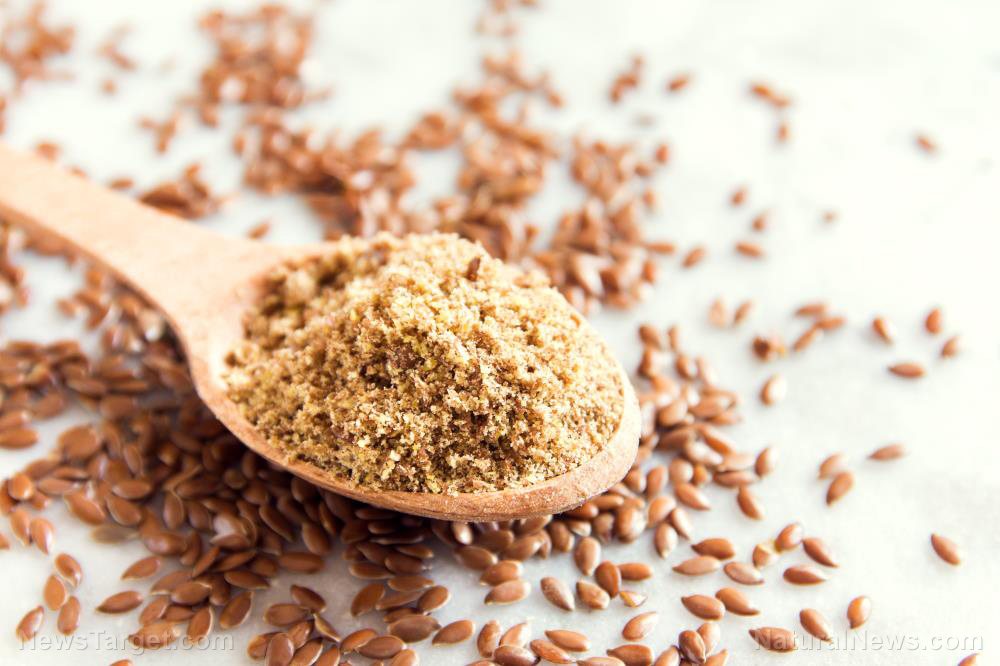Positive outcomes of qigong training in women: Reduced inflammation, increased gene expression
10/22/2019 / By Evangelyn Rodriguez

In this study, Polish researchers evaluated changes in the gene expression associated with the cellular stress response in peripheral mononuclear blood cells (PMBC) in healthy women after qigong training. The results of their study were published in the journal Annals of Agricultural and Environmental Medicine.
- According to studies, qigong — an ancient Chinese exercise related to tai chi — can affect gene expression in different cells. However, little is known about how this kind of therapy influences gene expression in PMBC.
- To address this, the researchers conducted an experiment at a martial arts dojo in Stara Wies, Poland that involved a four-day qigong training session.
- They took blood samples from the participants before and after the training period to determine which genes were affected by qigong. They also collected three milliliters (mL) of venous blood to determine the expression of HSF-1 (heat shock factor 1), HSPA1A (heat shock protein), NF-kB, IL-10, and CCL2 mRNA.
- They used isolated PMBC to determine gene expression using real-time qRT-PCR.
- The researchers reported that the four-day qigong training significantly decreased NF-kB and CCL2 mRNA expression but increased the expression of IL-10, HSF1, and HSPA1A.
Based on these findings, the researchers concluded that qigong can reduce inflammatory gene expression, intensify anti-inflammatory gene expression, and increase HSF-1 and HSPA1A expression.
Journal Reference:
Polrola P, Wilk-Franczuk M, Wilczynski J, Starz GN, Goral-Polrola J, Chruscinski G, Bonislawska I, Pedrycz A, Zychowska M. ANTI-INFLAMMATORY EFFECT ON GENES EXPRESSION AFTER FOUR DAYS OF QIGONG TRAINING IN PERIPHERAL MONONUCLEAR BLOOD CELLS IN HEALTHY WOMEN. Annals of Agricultural and Environmental Medicine. 2018;25(2):329–333. DOI: 10.26444/aaem/85208
Tagged Under: alternative medicine, anti-inflammatory, cellular stress response, Chinese medicine, exercise, gene expression, immune system, immunomodulatory, inflammation, natural cures, natural medicine, natural therapy, qigong, research, stress relief, TCM, therapy



















